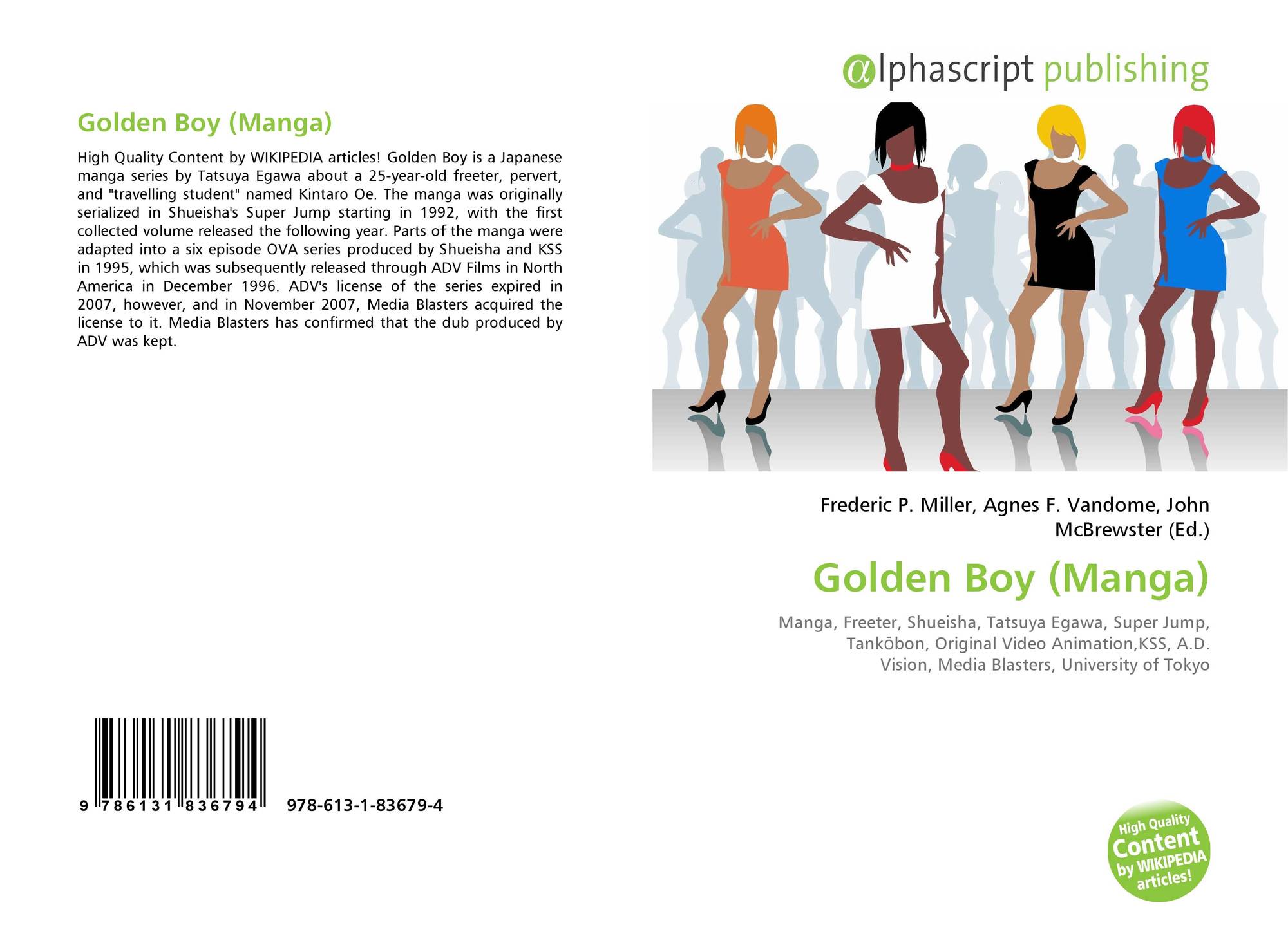A fat man who lives alone in his very messy apartment, the freeter was a member of the Knights of the Eastern Calculus.He committed suicide when his identity was exposed in Layer 10.According to Visual Experiments Lain, his net handle is DUKe. Out of the three Knights members introduced in Layer 07, he is the only one whose real name is never visible to the viewer in Layer 10. Freeter The smartest way to work on your projects. Website Category Productivity. Keywords productivity organizer. Something missing? Intimate expectations and practices: freeter relationships and marriage in contemporary Japan Emma E. Cook. Office of International Affairs, Hokkaido University, Sapporo, Japan Through an exploration of intimate expectations, ideals, and male freeters’ romantic relationships, this article examines the ways in which expectations and practices of.
 WHAT DO YOU THINK OF 'FREETERS'?
WHAT DO YOU THINK OF 'FREETERS'?Online Survey
February 4, 2002
'Freeter' is a Japanese word recently coined by combining the English word free and the German word Arbeiter (laborer). Typically, freeters are young people who do not have a permanent full-time job, but have one or more part-time jobs or move from one short-term job to another. Many freeters say that they have chosen this lifestyle because they wish to pursue their dreams. Others feel more comfortable living this way and prefer having more time for themselves. At the same time, some regular full-time workers, who might be expected to hold diametrically opposite views, are on the whole quite understanding about the freeter point of view. While they may not want to become freeters themselves, they are quite accepting of those who do. Because of the recession and uncertainty about employment, though, many full-time workers express the anxiety that they, too, may be forced to become freeters some day. An online survey recently conducted by Trends in Japan revealed the perceptions that freeters have of themselves and that the rest of society has of them.

Arubaito Japanese
Comfortable with the Decision to Become a Freeter Trends in Japan surveyed 100 people over a three-day period beginning November 20, 2001. The sample consisted of 50 freeters and 50 full-time workers employed in either the public or private sector (with 25 men and 25 women in each group). Amid worsening unemployment and increasing job mobility, there has been a sharp rise in the number of freeters recently. If this new form of employment takes root and grows, there is a possibility that it may have an impact on social security and public finance in the future. For this reason, the government has started looking at how freeters view themselves and how society handles their presence, with a view to working out ways of coping with the situation.
Trends in Japan surveyed 100 people over a three-day period beginning November 20, 2001. The sample consisted of 50 freeters and 50 full-time workers employed in either the public or private sector (with 25 men and 25 women in each group). Amid worsening unemployment and increasing job mobility, there has been a sharp rise in the number of freeters recently. If this new form of employment takes root and grows, there is a possibility that it may have an impact on social security and public finance in the future. For this reason, the government has started looking at how freeters view themselves and how society handles their presence, with a view to working out ways of coping with the situation.Respondents were first asked, 'What do you think of freeters?' Of the freeter group, 42% replied, 'I'm a freeter because I'm comfortable with the life.' Another 36% said, 'If a freeter is comfortable with being a freeter, that's fine.' The remaining 22% were less enthusiastic: 'Although I'm a freeter, I'm not really happy about it,' was their response. [See graph 1] Among full-time employees, the majority were well disposed to freeters, with 48% replying, 'I can understand people becoming freeters.' Another 24% answered, 'As long as they're comfortable about it, that's fine.' That left only 28% who said they could not understand people becoming freeters. [See graph 2]
The top three answers given by freeters for why they were happy with that lifestyle were 'It leaves me plenty of time for myself' (36%); 'If there's something you dream of doing, you should give that priority' (24%); and 'Even if you get a regular job, there's no guarantee of a stable livelihood' (17%). Presumably drawing on their experience of employment, the full-time workers who expressed understanding of the freeter lifestyle answered, 'You should give priority to your dreams' (31%); 'If you're not sure what you want to do, it's a way of marking time until you know' (26%); and 'You can avoid the complicated personal relationships involved in working as a regular company employee' (17%). On the other hand, those freeters who were unhappy with their situation gave very practical reasons: 'It's an unstable livelihood' (26%); 'The wages are bad' (19%); and 'The employer usually makes no social security provision' (19%). The two main reasons given by full-time employees for thinking that working as a freeter was unsatisfactory were similar: 'Unstable livelihood' (41%) and 'Unstable social security' (32%).
How did respondents feel about working as a company or public employee? The most common view among freeters was that 'The stable status of a regular employee is an advantage' (24%). But less favorable views were not far behind: 'Being constrained by a company or organization is hard' (20%); and 'You can't do what you want to do--that's hard' (17%). The majority of regular employees, on the other hand, were positive about their situation: 'We have a stable status' (31%); 'Belonging to a company or organization makes life easier' (20%); and 'I'm happy with my position' (19%).
Regular Employees Don't Want to Become Freeters
When freeters were asked why they chose their lifestyle, the most frequent response was 'to give priority to the things I myself want to do' (40%). This was followed by 'as a stopgap until I can find a job I want to do' (23%); 'I wanted to get a regular position, but under present employment conditions that was impossible' (18%); and 'Even with a job as a regular employee, I would change jobs anyway' (8%). The total length of time they had spent as a freeter was relatively short. The largest category was 'between six months and three years' (38%); followed by 'up to six months' (22%); and 'between three and five years' (18%). The average amount of time spent in one freeter job was surprisingly short: 'between six months and one year' (26%); 'between three and six months' (20%); and 'less than three months' (18%).
Another line of questioning the survey pursued was whether regular employees would like to become freeters. Here, negative responses were overwhelmingly in the majority, with 34% replying, 'No, but I may become one as a result of the recession and employment uncertainty.' Another 30% said, 'I want to stay in my present position,' and 20% stated, 'I may change jobs in the future, but I don't want to become a freeter under any circumstances.'
Respondents were then asked how they imagined themselves 10 years from now. Of the freeters, those full of hope for the future said, 'I will have overcome my present circumstances and will have succeeded in realizing my dreams' (30%). Those content to let things run their course answered, 'I have no idea' (also 30%). [See graph 3] Behind these came 'I will be working as a regular company employee' (16%) and 'I will still be a freeter' (8%). Of full-time workers, the most popular answer was 'I will be working full-time' (38%). This was followed by 'I will have realized my dreams' (20%); 'I will either not be working or will be a full-time housewife' (16%); and 'I have no idea' (also 16%). [See graph 4]
Trends in Japan Home |
A number of surveys and analyses of freeters have been conducted by various bodies. In its white paper two years ago, the Ministry of Labor (now the Ministry of Health, Labour and Welfare) estimated that there were 1.5 million freeters in 1997, showing that their ranks had tripled since 1982. In the bubble economy of the latter half of the 1980s, a positive image of freeters--as people working in freedom and pursuing their dreams--was widespread. The white paper warned that, in the present circumstances of a prolonged economic slump, freeters may find it difficult to obtain positions as regular company employees and could exacerbate employment uncertainty.
The Japan Institute of Labor, a think tank of the Ministry of Health, Labour and Welfare, published the results of an interview survey of 97 freeters in 2000. According to this, 60% of freeters are women, the majority aged 20 to 25. The report classifies freeters into three types. One is the 'moratorium' type (where freeters put off taking a regular job until they know what they want to do). Another is the 'dream pursuing' type, and the third is the 'no alternative' type. Average time worked per week was 4.9 days, and average monthly pay was ¥139,000 (U.S.$1,069 at 130 yen to the dollar). Freeters' employment opportunities are usually limited to the food-service industry, working retail at places like convenience stores, telephone sales, and working at outside sites, such as traffic monitoring. Few jobs held by freeters assist them in acquiring specialist knowledge or skills.
Freeter Meaning
| Copyright (c) 2002 Japan Information Network. Edited by Japan Echo Inc. based on domestic Japanese news sources. Articles presented here are offered for reference purposes and do not necessarily represent the policy or views of the Japanese Government. |

Comments are closed.